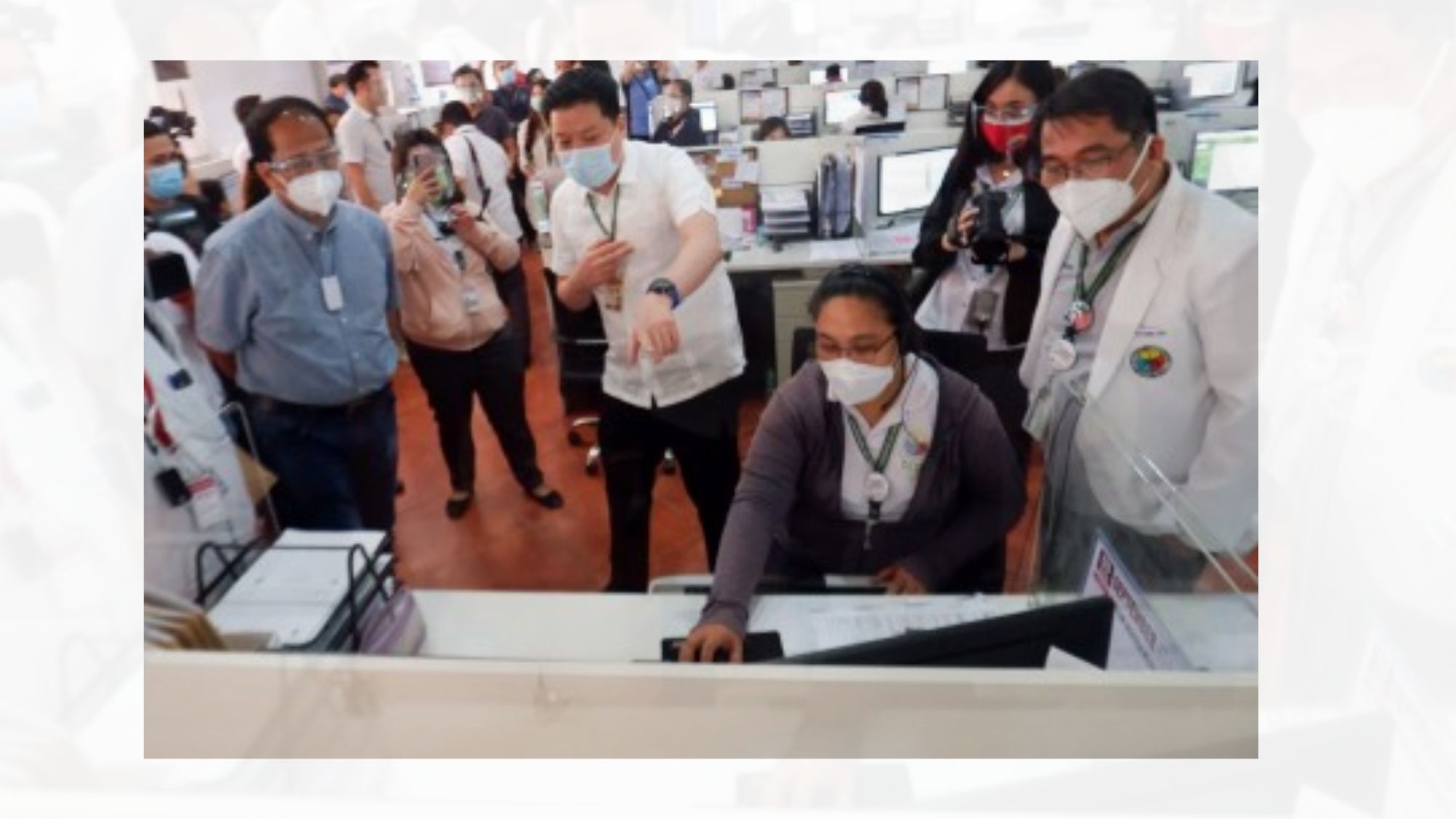Not only is contact tracing against Covid-19 in the Philippines failing to keep up, there are now growing signs that most Pinoys don’t see the importance of contact tracing in the fight against the virus.
DESPITE government efforts and funds allocated for contact tracing, many Filipinos still find the system as more of a playtime than an individual responsibility to fight the coronavirus disease that is affecting our country.
In a recent report from GMA’s “Stand for Truth” program, a contact tracer reveals the struggles of effectively tracing the number of individuals during this pandemic, on which she said had become almost impossible to do.
“Minsan, hindi naman totoong info ‘yung nilalagay ng mga tao. May nababasa ako doon ang pangalan Adolf Hitler, may pangalan Spongebob, maco-contact trace ba namin ‘yun? Minsan wala pang binibigay ng contact number,” said contact tracer Holly Gabrielle Dela Paz.
[Sometimes, people don’t put their real information. I read names like Adolf Hitler and Spongebob. Could we trace that? Sometimes there’s also no contact number.]
The interview also revealed that the country’s contact tracers no longer bother to inform individuals who were exposed to COVID-19 positive patients due to the fact that it is already hopeless given the amount of absurd information people chose to use.
Additionally, contact tracing czar Baguio City Mayor Benjamin Magalong said that the Philippines is struggling on its present tracing efforts which fell to a 1:3 ratio from a 1:7 ratio in January.
Citing budgetary issues, he also noted that the country has only 15,000 contact tracers, far from the ideal requirement of 135,000.
Importance of contact tracing
According to the World Health Organization, contact tracing is an important infectious disease control because it can break the chain of transmission or the spread of the virus in a particular place or area.
When a particular community or country is successful in containing the disease by being able to identify the individuals exposed or may be carrying the virus, then longer lockdowns and the threat of congesting hospitals with positive patients can be prevented.
“[Contact tracing] requires individuals to agree to daily monitoring, to be willing to report signs or symptoms of COVID-19 promptly, and be prepared to go into quarantine for at least 14 days, or into isolation if they become symptomatic. Transmission of the virus that causes COVID-19 can only be stopped if we all play our role to protect our family, friends and community,” said the WHO.
Filipinos and contact tracing
We talked to ordinary Filipinos who are often outside their homes and are expected to accomplish contact tracing forms at the places they go, to hear out their experiences. Both individuals chose to hide their identities due to the sensitivity of the topic.
“I have no problem filling up contact tracing forms but some establishments don’t even enforce them. And the people around you don’t follow it too, which [kind of] forces you to do the same,” said John (not his real name).
According to John, before the Enhanced Community Quarantine was enforced in Metro Manila and the surrounding provinces for the second time, tracing forms were nearly no longer a required practice.
But for Juana, also not her actual name, her reluctance to comply to contact tracing procedures is anchored on alarming health concerns that comes directly from the practice itself.
“For me, filling up contact tracing forms is both time consuming and risky. Every time I need to fill up contact tracing forms, what is my guarantee that those who used the ballpens before me are not carrying the virus?” she said.
Juana added that there are times she will be only needing a minute or two in going to a particular establishment as compared to accomplishing tracing forms which consume more time depending on how many information are needed or how many individuals are queued.
“Some designated contact tracing areas where you fill the forms are so crowded that social distancing is no longer possible—wouldn’t you be scared?” she remarked.
“If the government or companies could find an easier and faster way to make us, the public, fill up our contact tracing forms with less exposure to other people, then maybe it could work,” she concluded.
The government, the private sector, and ordinary Filipinos must all work together and find innovative ways to fully realize the effective enforcement of contact tracing, after all, we all need to maximize all the tools we can use to further curb the continued and rising spread of COVID-19 in our country. (JT)
Tags: #Covid19, #contacttracing
